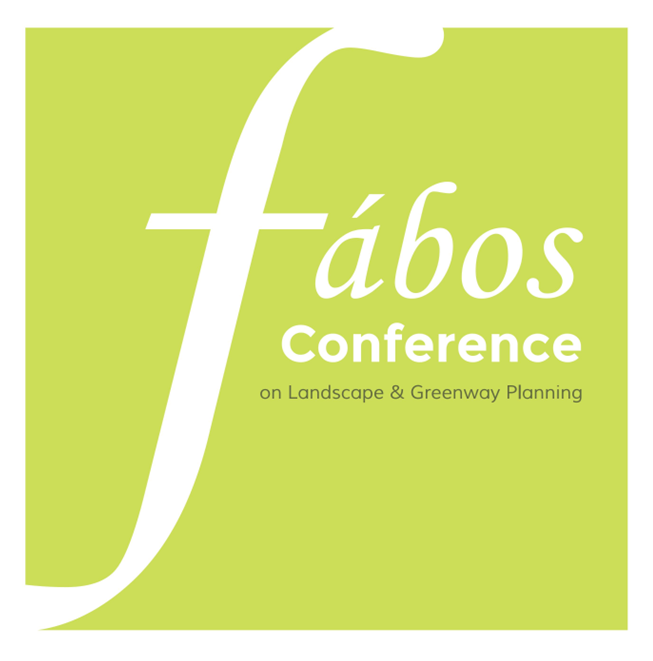Cultivating Campus Settings Research at a Health Promoting University
Abstract
Higher education provides important contexts for promoting health and wellbeing through a settings approach (Dooris et al., 2014). Adopting this “whole system” lens (World Health Organization, 1986) has inspired diverse policy and program initiatives with varied forms of implementation (Suárez-Reyes et al., 2019; Travia et al., 2022). Among the most aspirational and integrative frameworks adopted is the Okanagan Charter, which comprises two primary calls: “to embed health into all aspects of campus culture, across the administration, operations and academic mandates” and “to lead health promotion action and collaboration locally and globally” (International Conference on Health Promoting Universities & Colleges, 2015).
This presentation shares pedagogy and research outcomes from an Interdisciplinary Honors Thesis Seminar at an institution that has adopted the Okanagan Charter. The seminar is designed so that students from majors across the university can explore the role of the campus built environment in student health and well-being. In this year-long seminar, students read scholarly and practice literature and apply environmental theories, inquiry methods, and assessment strategies to understand the ways in which campus community members use and experience higher educational spaces. Students then develop original research projects that address diverse student learning, development, and wellbeing topics. In the first three years of this course, students from sixteen majors have completed individual theses employing ten different primary research methods.
The presentation will focus on outcomes from a selection of projects that align with the conference themes. For example, one research study employed a focus group methodology to study birding as a “stealth health” technique that can be employed to address mental health challenges in college-aged populations. A second study adopted an Attention Restoration Framework (ART) and employed a photo elicitation methodology to examine how campus environments provide aspects of restoration identified in the ART framework. Further, several students have employed comparative case study methodology to test how cross-pollinating existing frameworks may create more robust methods for considering human and planetary health. Building on their findings, these researchers consider the implications for research and practice, proposing how future initiatives may create more health promoting and climate change adaptive campus spaces.
This research further considers ways to address the academic mandate of the Okanagan Charter by cultivating original research focused on campus settings, and by educating graduates able to advocate for health-promoting built environments.
Keywords: Pedagogy, Health promoting, Okanagan Charter
How to Cite:
Brause, C., (2025) “Cultivating Campus Settings Research at a Health Promoting University”, Fábos Conference on Landscape and Greenway Planning 8(1). doi: https://doi.org/10.7275/fabos.2470
379 Views
272 Downloads

